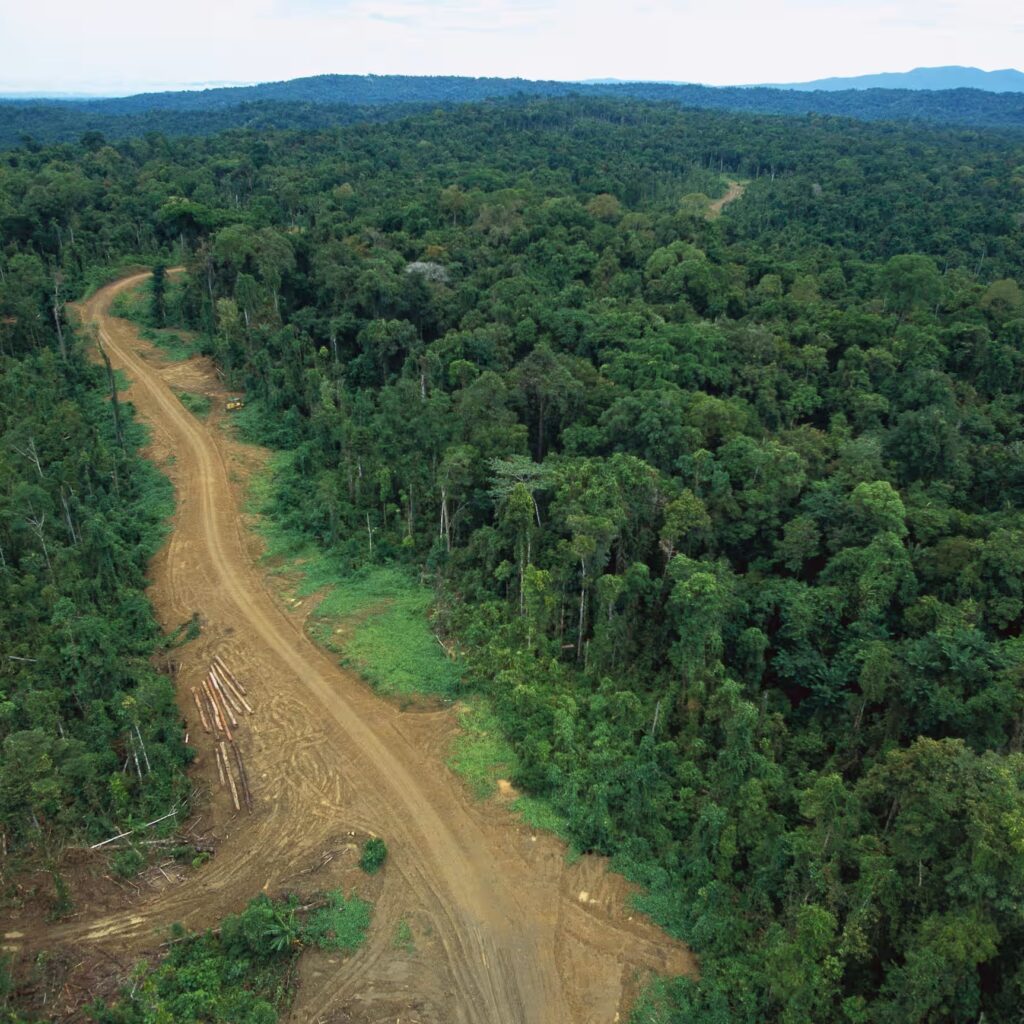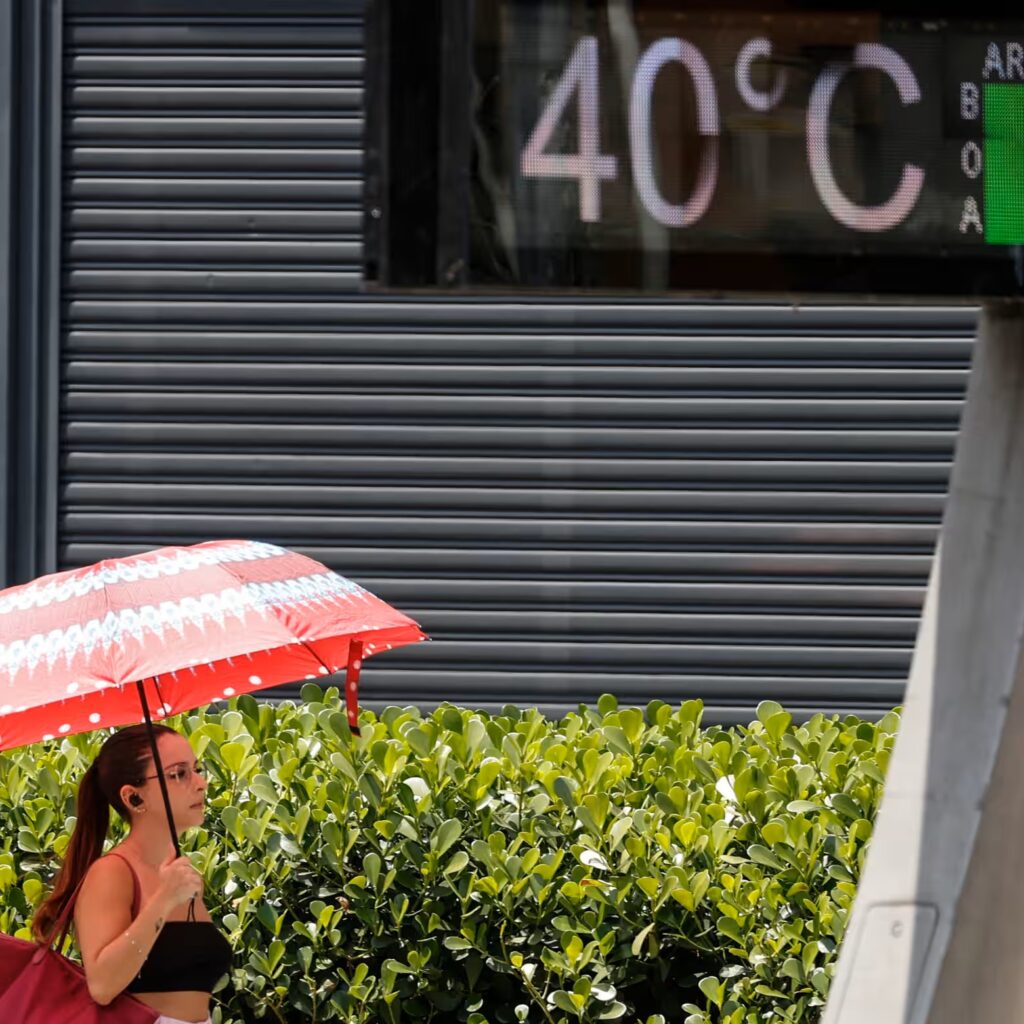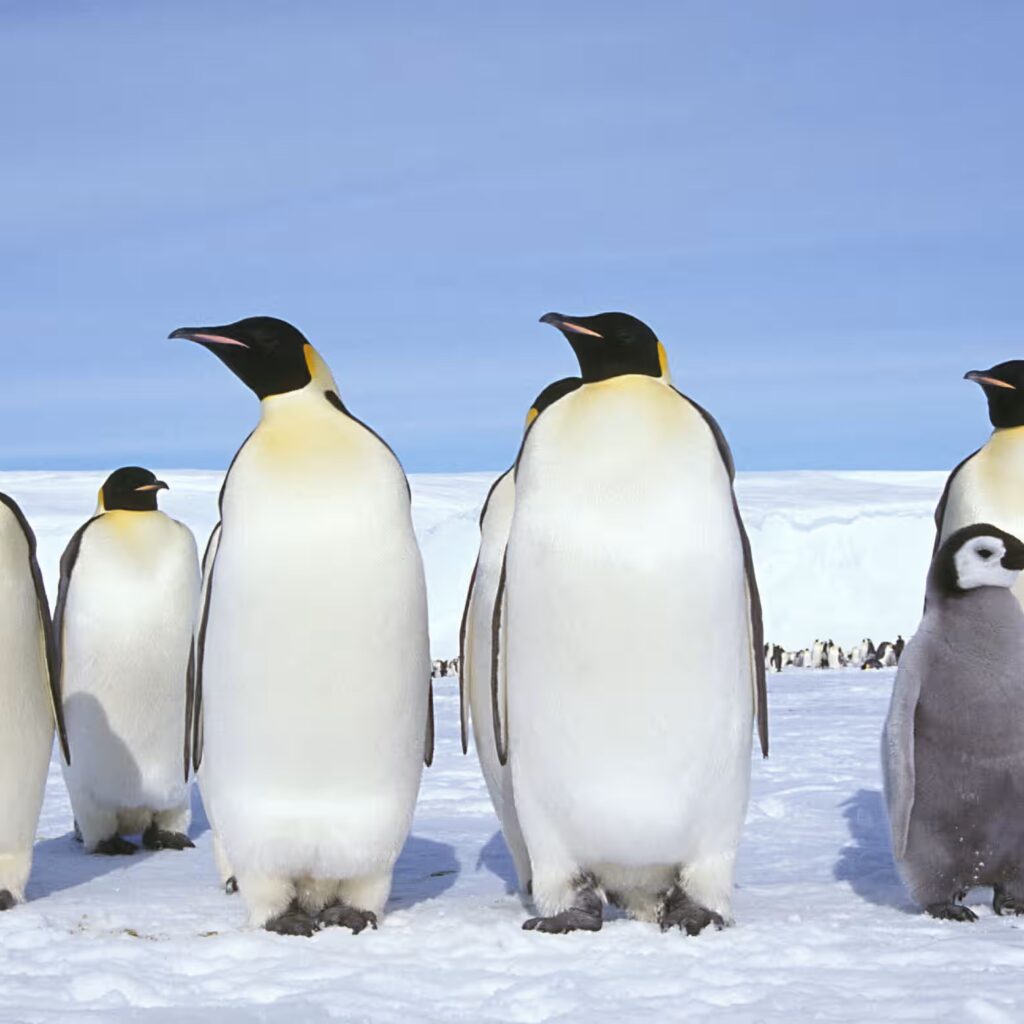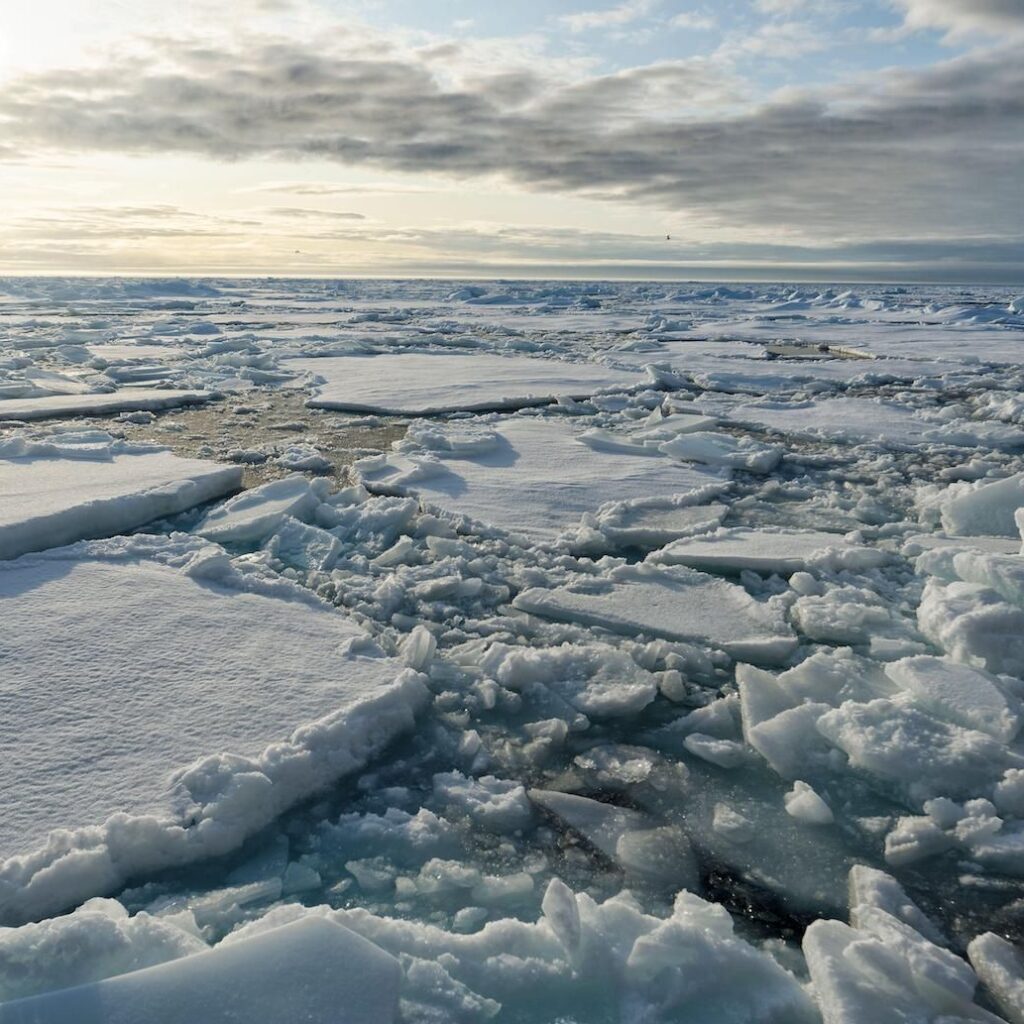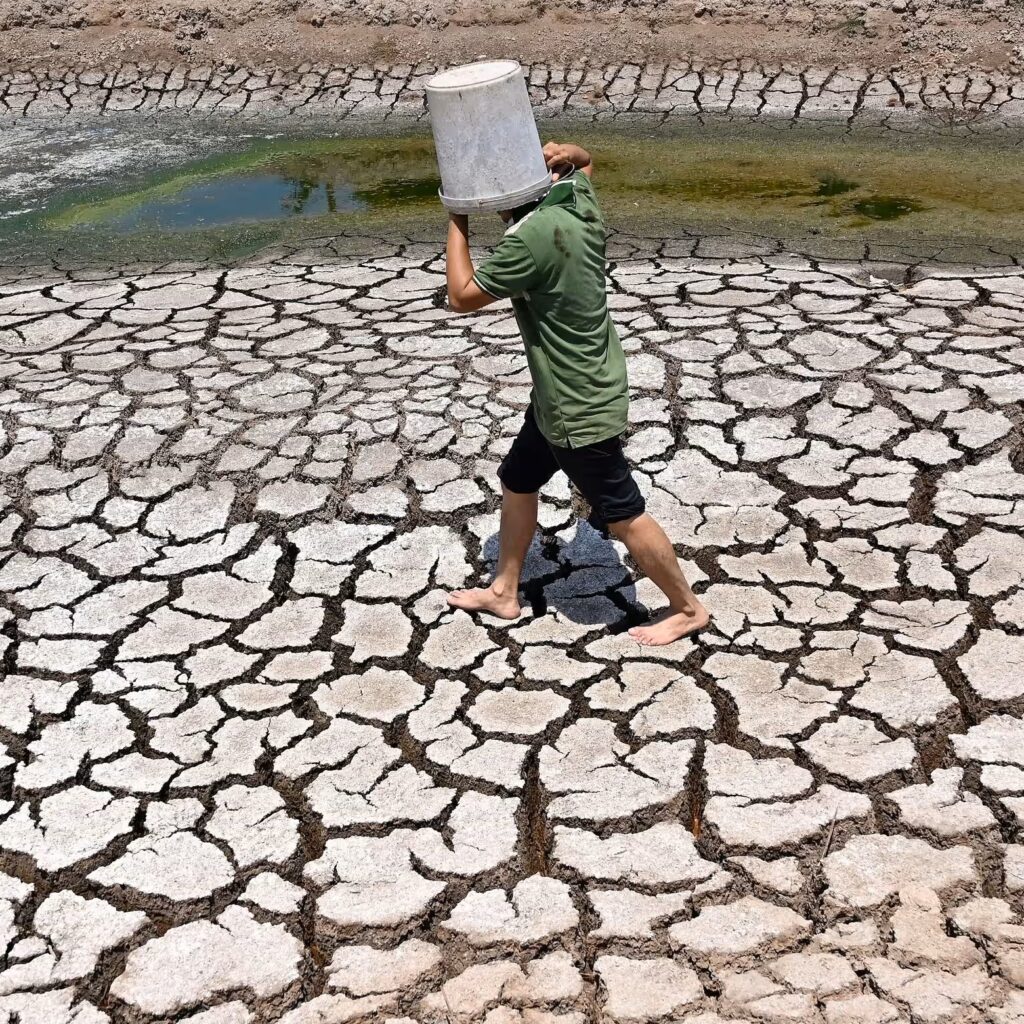
Average incomes are projected to decrease by nearly a fifth by 2046 due to the climate crisis, according to a comprehensive study recently published in the journal Nature. This study forecasts that rising temperatures, increased rainfall, and more frequent and severe extreme weather events will lead to $38 trillion (£30 trillion) in annual damages by mid-century.
The study highlights that this economic toll, significantly higher than previous estimates, is already inevitable due to substantial past emissions from the burning of fossil fuels and deforestation. The cost of these damages is estimated to be six times greater than the expense of limiting global warming to 2 degrees Celsius. Read More
News Credit: The Guardian
Picture Credit: Nhac Nguyen/AFP/Getty Images



